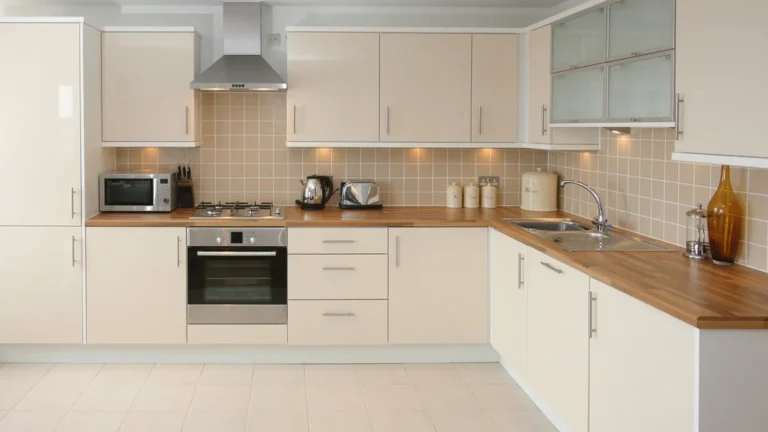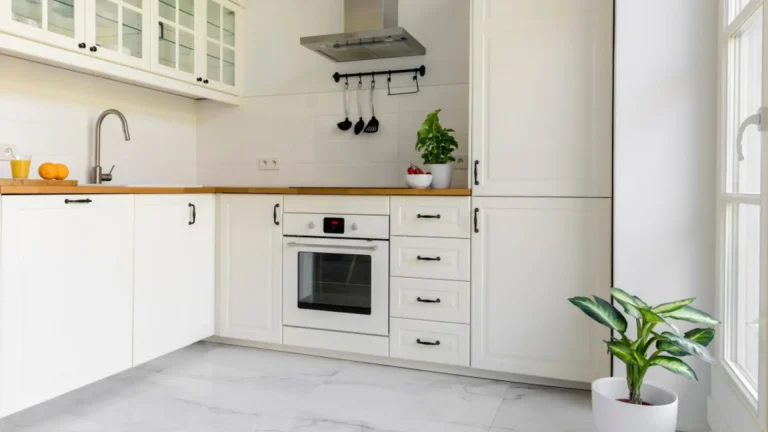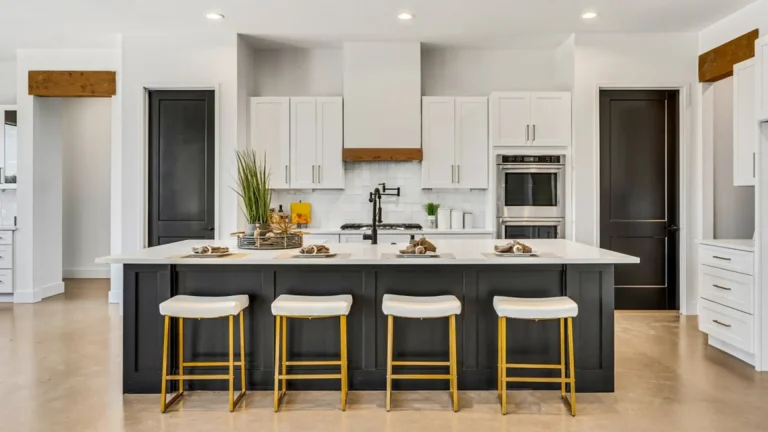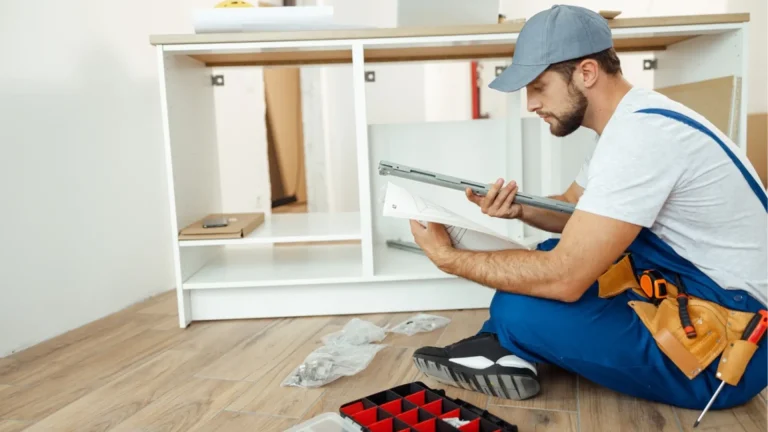Revitalizing Your Home: How Often Should You Remodel Your Kitchen?
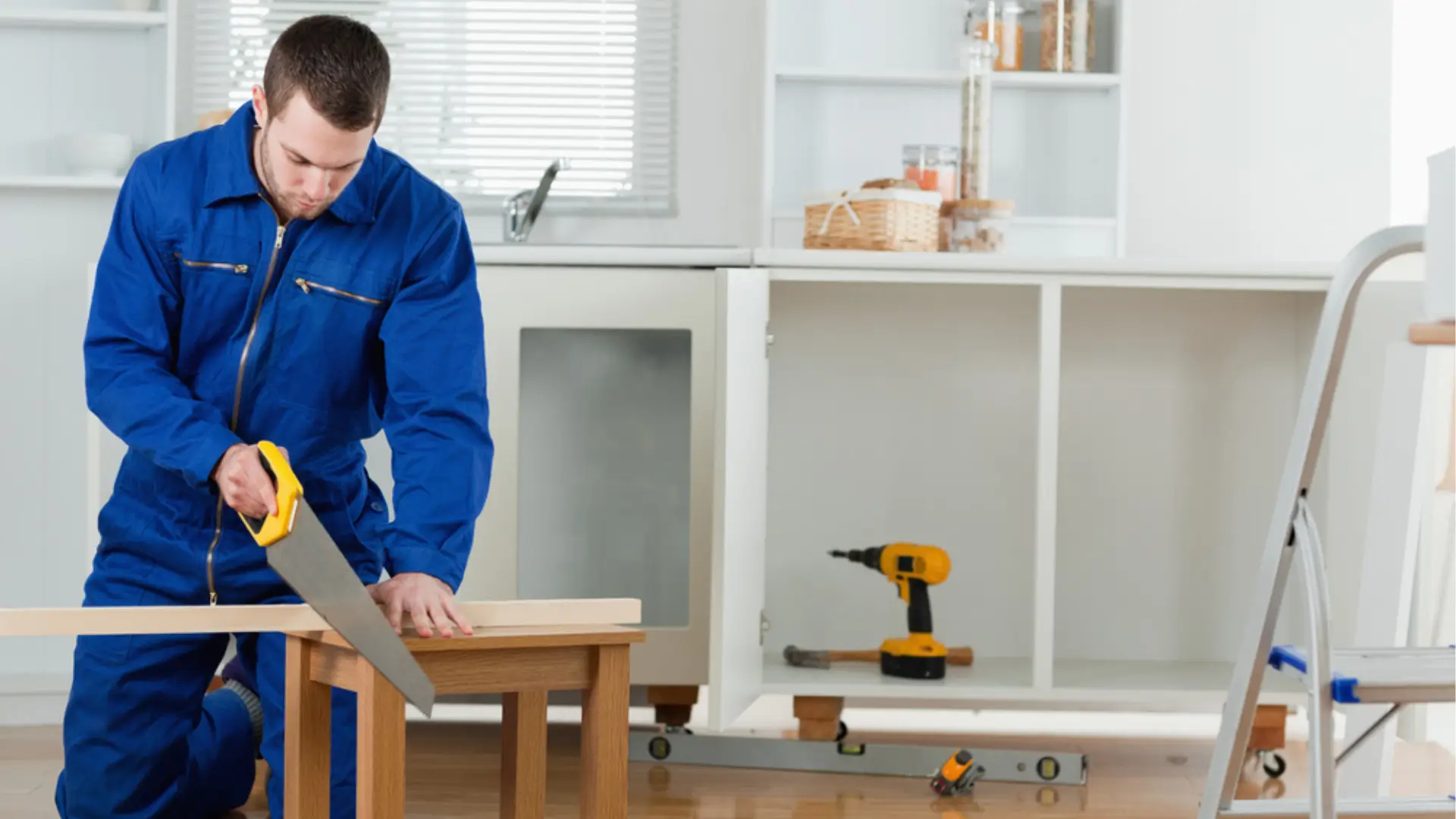
The question of “how often should you remodel your kitchen?” is more than just a matter of aesthetics; it’s about functionality, efficiency, and sometimes even safety. The kitchen, often referred to as the heart of the home, is a space where both meals and memories are made. However, over time, this central room can become dated, worn out, and less functional, sparking the debate on the ideal frequency of a kitchen remodel. This discussion is not only about keeping up with the latest design trends but also about ensuring the space meets the evolving needs of its users.
Determining the right time to remodel your kitchen involves a blend of practical considerations and personal preferences. While there’s no one-size-fits-all answer, understanding the typical lifespan of a kitchen setup and recognizing the signs that it’s time for a refresh can guide homeowners in making this significant decision. It’s about balancing the desire for a new look with the need for updates that enhance the kitchen’s functionality and efficiency.
Remodel Your Kitchen Every 10-15 Years
The consensus among design and real estate professionals is that a full kitchen remodel should be undertaken approximately every 10 to 15 years. This timeline isn’t arbitrary; it reflects the average lifespan of many kitchen components and appliances. Over a decade, wear and tear on cabinets, countertops, and fixtures become evident, and the design elements that were once in vogue may now appear outdated.
Moreover, this period allows for significant advancements in technology and materials. Remodeling every 10 to 15 years gives homeowners the opportunity to incorporate newer, more energy-efficient appliances and durable materials that can withstand the test of time. This strategic timing ensures that the kitchen not only maintains its visual appeal but also its role as a functional, modern space that meets contemporary living standards.
How Often Should You Remodel Your Kitchen? – 9 Reasons to Remodel
While the 10-15 year guideline serves as a general benchmark, several reasons might prompt homeowners to consider remodeling their kitchen sooner or to specific needs. Here are nine compelling reasons to embark on a kitchen remodel:
Remodel Your Kitchen Only as Needed
Sometimes, the need for a kitchen remodel becomes apparent not through the passage of time but due to immediate practical requirements. If the kitchen fails to serve its primary function efficiently, it may be time for a renovation. This could be due to inadequate storage, poor layout, or insufficient lighting. In such cases, remodeling is not about keeping up with trends but addressing functional shortcomings that impact daily life.
Upgrade to Fit Your Personal Style
Your home should reflect your personal style, and the kitchen is no exception. Over time, your tastes and preferences evolve, and a kitchen that once felt cozy and welcoming might now seem dated or misaligned with your current aesthetic. Remodeling provides an opportunity to personalize this space, making it a true reflection of your style and the ambience you wish to create.
Renovate to Boost Your Home’s Resale Value
A well-designed, modern kitchen can significantly increase a home’s market value. For homeowners considering selling, a kitchen remodel can be a strategic investment. An updated kitchen appeals to potential buyers and can make your home stand out in a competitive real estate market. It’s not just about aesthetics; it’s about creating a space that prospective buyers can envision themselves enjoying.
Upgrade Your Kitchen Appliances for Water and Energy Saving
Modern appliances offer significant improvements in energy and water efficiency. Upgrading your kitchen with these appliances can reduce utility bills and your home’s environmental footprint. This reason for remodeling is both economically and environmentally beneficial, aligning with growing trends toward sustainability.
Renovate to Meet Your Family’s Needs and Changing Lifestyle
Families grow and lifestyles change, necessitating adjustments in how living spaces function. A kitchen that was perfect for a couple may become cramped for a family with children. Renovating to add more workspace, seating, or storage can ensure the kitchen continues to meet the family’s needs.
Renovate to Update the Awkward Kitchen Layout
An awkward or inefficient layout can hinder the functionality of a kitchen, making cooking and socializing less enjoyable. Remodeling allows for the reconfiguration of the space, improving flow and usability. Whether it’s adding an island or repositioning appliances, these changes can transform the kitchen experience.
Renovate if There Are Damages to Repair
Sometimes, the need for a remodel is driven by the necessity to repair damages. Water damage, mold, or structural issues not only compromise the kitchen’s appearance but can also pose health risks. Addressing these issues promptly can prevent further damage and restore the kitchen’s safety and functionality.
Upgrade When You Have Budget
Financial readiness can dictate the timing of a kitchen remodel. It’s a significant investment, and undertaking this project when you have the budget ensures that it can be completed without cutting corners. This approach allows homeowners to choose quality materials and finishes that will stand the test of time.
Upgrade if You Need Larger Kitchen Storage
As culinary interests and household needs evolve, so does the need for storage. A remodel can address this by introducing smarter, more efficient storage solutions. From pull-out pantries to custom cabinetry, these updates can make the kitchen more organized and user-friendly.
FAQs
Conclusion
Remodeling your kitchen is a decision that should be timed and tailored to your specific needs and circumstances. While the 10-15 year rule offers a general guideline, the reasons to remodel are diverse and personal. Whether driven by style, functionality, or the desire for a more sustainable living space, the decision to remodel should ultimately enhance your quality of life and the value of your home.
Remember, a well-planned kitchen remodel not only rejuvenates the space but also transforms your daily living experience, making it more enjoyable, efficient, and suited to your lifestyle.

